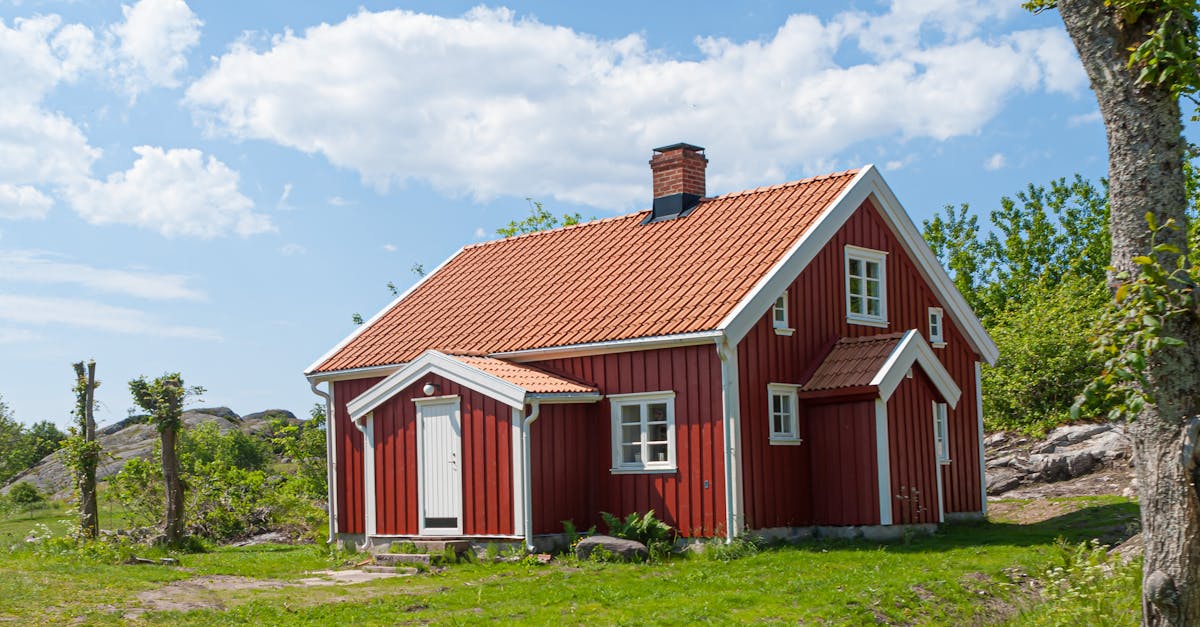 2024-07-03
2024-07-03
Case Study 7
LongTerm Sustainability Achieved with Recycled Roofing Materials
Longevity and Durability of Recycled Roofing Materials in Sustainable RoofingCase Study 8
Aesthetical Appeal and Customisation with Sustainable Roofing Choices2024-07-03FAQS
Table Of ContentsCan recycled roofing materials really be as durable as traditional roofing materials?
How can using recycled roofing materials contribute to sustainability efforts?Treatment Methods to Extend Lifespan of Timber Roofing Materials
What are some key factors to consider when choosing recycled roofing materials for a roof replacement project?Maintenance Tips for Extending the Lifespan of Slate Roof TilesCase Study 6
Moreover, the incorporation of recycled roofing materials into the healthcare facility's roof renovation project demonstrated a commitment to long-term sustainability. The durability and longevity of these materials ensure that the facility will enjoy the benefits of a reliable and eco-conscious roofing system for years to come. This case study serves as a prime example of how embracing sustainable practices in construction projects can lead to both immediate and lasting positive impacts on the environment and the community.How long can recycled wood shakes typically last in eco-friendly roofing?Increased Energy Efficiency through Recycled Roof Material Installation
The installation of recycled roofing materials also has a long-lasting impact on the overall energy efficiency of a building. The durability and high performance of these materials ensure that the energy-saving benefits are realised over an extended period, making them a cost-effective investment in the long run. Increased energy efficiency not only benefits the building owner economically but also reduces the carbon footprint of the structure, contributing to a greener and more eco-friendly environment. With a focus on sustainability, the choice of recycled roofing materials is a proactive step towards creating energy-efficient buildings that promote environmental responsibility.What sustainable benefits do recycled asphalt shingles offer in roofing?Case Study 7
Government Building Roof Reconstruction: The government building in question underwent a complete roof reconstruction using recycled roofing materials. The project aimed to achieve long-term sustainability and reduce the building's environmental impact. By choosing to install sustainable roofing materials, the government agency leading the project demonstrated its commitment to sustainable practices and environmental stewardship. With the use of recycled materials, the building's roof was not only upgraded but also transformed into a more eco-friendly and energy-efficient structure.How do weatherproofing properties of asphalt roofing made from recycled materials contribute to longevity?The decision to opt for recycled roofing materials proved to be a successful move for the government building project. The long-term sustainability goals were achieved through the installation of these eco-friendly materials. Additionally, the use of recycled roofing materials helped in reducing the building's carbon footprint, contributing to a more environmentally conscious approach to construction and maintenance. The project showcased the feasibility and benefits of incorporating sustainable practices in roofing projects, setting an example for other government buildings and public infrastructure projects to follow suit.